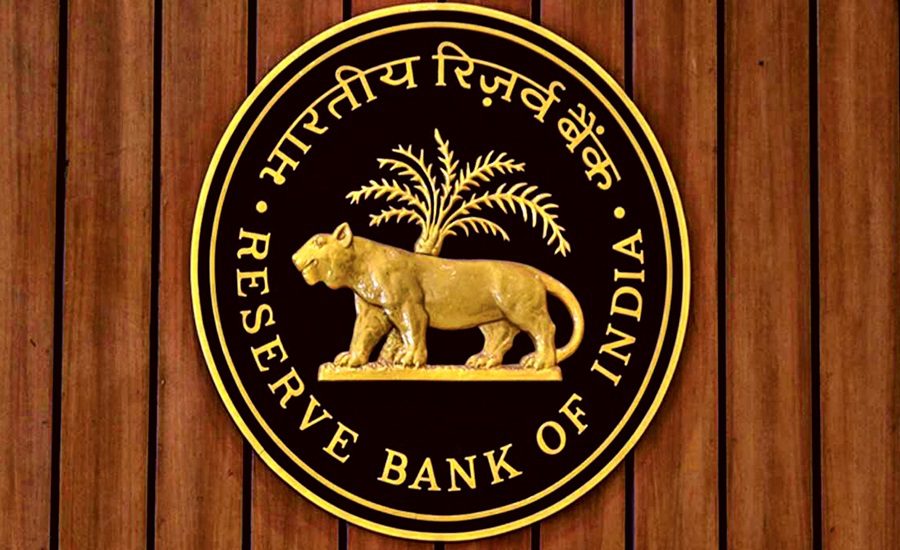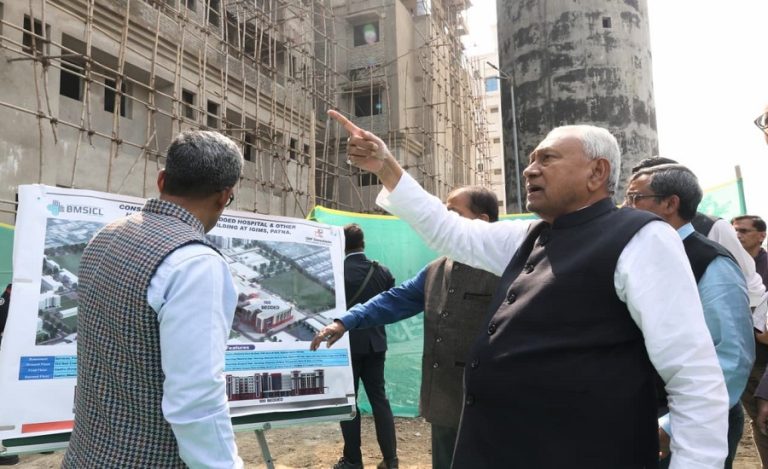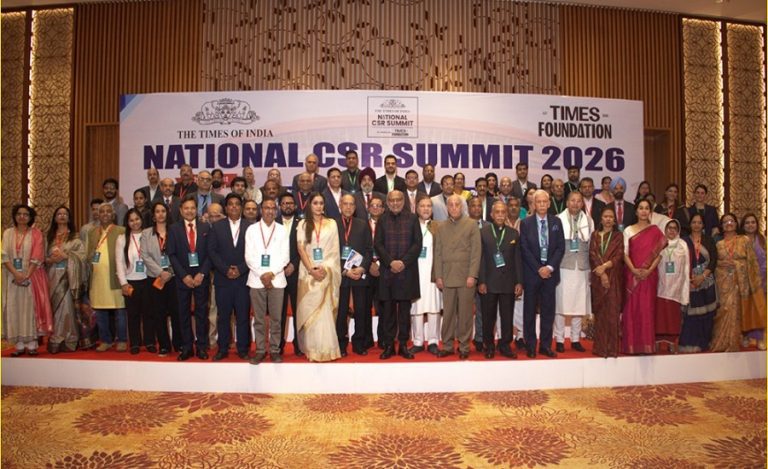New Delhi: In a move aimed at enhancing India’s business-friendly environment for global investors, the Reserve Bank of India (RBI) has proposed a rationalisation of norms governing the establishment of branches, liaison offices, and project offices by foreign entities in India.
The central bank released a draft titled “Foreign Exchange Management (Establishment in India of a branch or office) Regulations, 2025″, inviting public and stakeholder feedback by October 24, 2025.
From Prescriptive to Principle-Based: A Paradigm Shift
The RBI’s proposal seeks to shift from a highly prescriptive regime to a principle-based framework, granting greater operational autonomy and reducing red tape for Entities Resident Outside India (EROIs).
“The draft proposals offer greater operational freedom by shifting from prescriptive to a principle-based framework,” the RBI stated.
This shift aligns with India’s ongoing efforts to simplify regulatory compliance, especially for foreign investors, and could make India more attractive as a destination for international business.
Read also: India’s Forex Buffer Falls by $4.38 Billion in a Week, Stands at $690.72 Billion
Key Provisions in the Draft Regulations
Simplified Approval Process:
EROIs will need to submit a standardised application form to a designated Authorised Dealer (AD) bank, which will grant approval for setting up the office based on the proposed rules.
Centralised Reporting System:
Once approval is granted and a bank account is opened, the AD bank will report the establishment to RBI. The central bank will then allot a Unique Identification Number (UIN) for the foreign office.
Relaxed Eligibility Norms:
The eligibility criteria for setting up branches or offices in India are proposed to be relaxed, streamlining entry for compliant businesses.
Sensitive Regions and Sectors Require Government Nod:
Prior government approval will still be mandatory under certain conditions, such as:
- If the foreign applicant is from Afghanistan, Bangladesh, China, Hong Kong, Macau, or Sri Lanka.
- If the proposed office is to be set up in Jammu & Kashmir, Ladakh, the North-East, or Andaman & Nicobar Islands.
If the foreign entity operates in sensitive sectors like defence, telecom, private security, information & broadcasting, or any other FDI-restricted or approval-route sectors.
Implications for Foreign Investors
The revised framework could:
- Reduce compliance friction for multinational firms entering India.
- Shorten the approval cycle, as authorised banks (instead of RBI alone) handle the initial approval stage.
- Promote a more transparent and predictable investment environment.
Call for Feedback
The RBI has invited suggestions and comments from industry stakeholders, financial institutions, and legal experts by October 24, 2025.
This consultative approach indicates a move toward collaborative policymaking, ensuring that the final regulations are robust yet facilitative of ease of doing business.
Read also: PNB Reports Strong Q2 FY26 Performance with 10.6% YoY Growth in Global Business



























